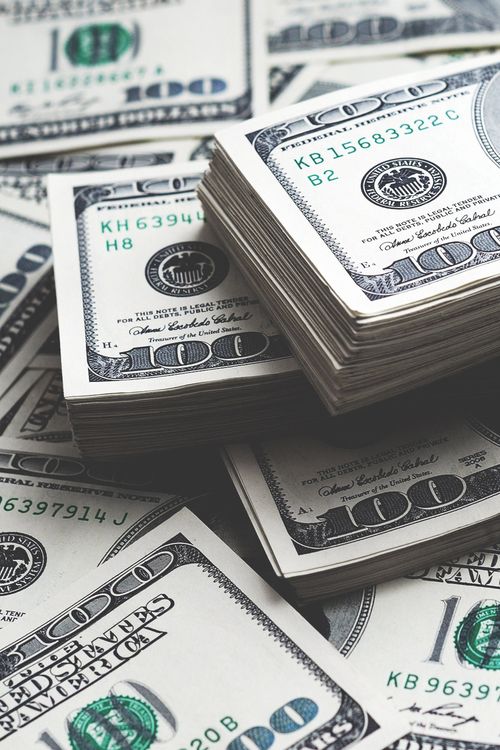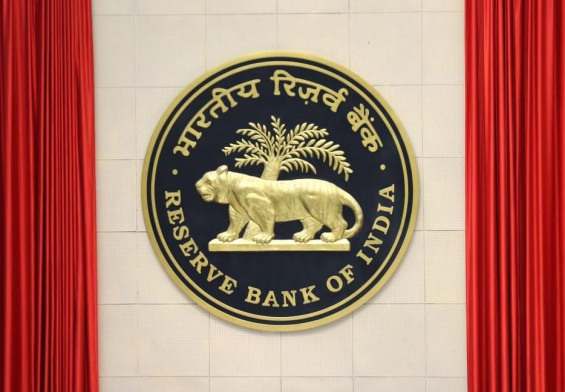
The dollar extended its overnight run into Asian trading hours on Tuesday, reaching new two-decade highs against the yen as concerns over continuing inflation drove up US bond rates.
The dollar gained ground against the euro, pound, and Swiss franc. It also rose against the Australian dollar, with the market divided on whether the country’s central bank will raise Australia’s key interest rate by a quarter-point later in the day or opt for something bigger.
The Australian dollar fell 0.15 percent to $0.7183, continuing its decline from a six-week high of $0.72825 reached last Friday.
The dollar rose to 132.305 yen on Tuesday, a level not seen since April 2002, boosted by a surge in the 10-year Treasury yield above 3.05 percent for the first time in almost four weeks. The currency pair was last trading at 132.12, up 0.17 percent.
In contrast, the Bank of Japan’s yield curve management strategy has kept corresponding Japanese rates close to zero, with central bank governor Haruhiko Kuroda maintaining an unflinching commitment to “strong” monetary stimulus on Monday.
The Commonwealth Bank of Australia attributes the yen’s weakness to not just yield differentials but also Japan’s reliance on energy imports, though it does not predict much further weakening.
Strong US job statistics at the end of last week fueled speculations that price pressures will persist for a longer period, perhaps prompting the Federal Reserve to take more aggressive action.
Consumer pricing data on Friday will give more insight into the Fed’s rate-hiking strategy ahead of next week’s policy meeting when a half-point hike is generally predicted. The dollar index, which compares the currency to six major peers, rose 0.04 percent to 102.51, extending Monday’s 0.26 percent raise.
The euro fell 0.9% to $1.0686 ahead of the European Central Bank‘s rate-setting meeting on Thursday, with traders demanding more clarity on what comes next, having already priced in many rises and the end of bond-buying stimulus.
Sterling fell 0.04 percent to $1.2523. It gained 0.29 percent in the previous session as Prime Minister Boris Johnson survived a no-confidence vote but was left vulnerable. The US dollar increased by 0.11 percent to 0.97125 Swiss francs.




